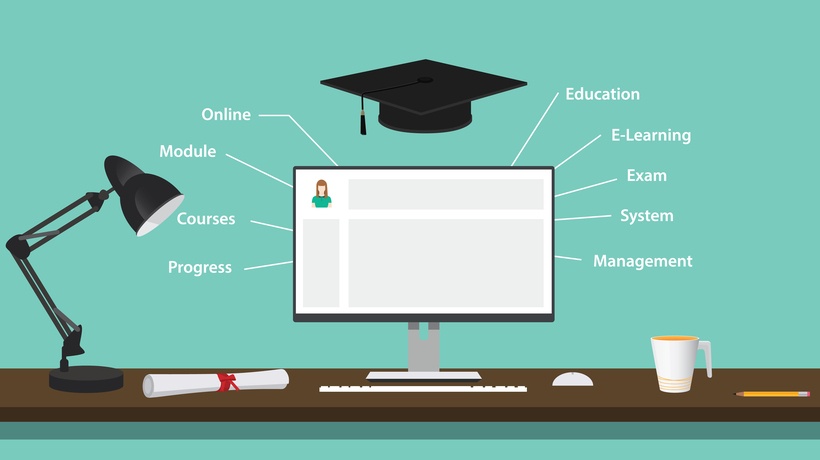eLearning Or Homeschooling? What Is Best For You?
As we look at the differences between these two approaches. Let's begin with the similarities. eLearning and homeschooling are both methods by which individuals can receive an education. Though the approaches are different, the end goal is to gain an education.
eLearning
Learning through digital platforms, such as distance learning colleges, is one aspect of eLearning. A tutor or instructor would then teach the online courses through distance learning. The structure of these eLearning colleges is similar to that of traditional schools, including schedules and grades. You will be assessed on various components, including quizzes, assignments, and final exams. Older students more often choose eLearning, however, there may be a selection of younger children using it for specific courses that are harder to learn through homeschooling.
What Are The Pros Of eLearning?
- eLearning offers a flexible aspect, allowing studying to be done anywhere.
- There is a wide range of courses that someone can take.
- As higher education can be costly, eLearning can be a more affordable option.
- Learners can review their materials as needed.
- Feedback tends to be much quicker than if a course were taken at a college.
- It is accessible to a broader audience.
- Encourages self-discipline.
The Cons Of eLearning
- Students need to manage their own time.
- eLearning tends not to include face-to-face interactions.
- The course you study will not give you hands-on experience.
- Technical issues, such as internet problems, can prevent you from completing your course.
- You may not receive the immediate support you would get in the classroom.
- Extended time on devices can cause eyestrain.
Homeschooling
Homeschooling usually requires a parent to educate their child at home. There is a flexible approach towards learning, though some parents may choose a more structured path for their child. As parents may use a variety of resources, the final assessment is ultimately up to them. This can include exams, or the child may go on to further educational courses. Homeschooling is generally for school-age children and can benefit many children with mental health needs or special educational needs. They may require this as funding for schools and children with additional needs has been cut and they are getting lost in the schooling system.
What Are The Pros Of Homeschooling?
- Students can receive a personalized education.
- Homeschooling allows for a flexible schedule.
- It can help to strengthen family bonds.
- Homeschooling can be a safer learning environment.
- Socialization can happen in a chosen setting.
- Students with special educational needs (SEN) can receive additional support that they may not receive at school.
- Homeschooling can also be great for a child's mental health, especially if the child has been struggling with feelings of anxiety towards school.
What Are The Cons Of Homeschooling?
- Parents have to be committed to educating their children.
- Parents may not be experts in every subject.
- You have to be in charge of your child's social life.
- There may be less access to resources such as labs or libraries.
- There may be gaps in a child's education.
How Can I Combine eLearning And Homeschooling?
Many parents might use eLearning courses alongside their traditional homeschooling process. This could be used to supplement their learning with new and interesting courses, especially if the student can pick a course that appeals to them the most. For example, learning science through eLearning may be a particular curriculum a parent would like to follow. With the internet at our fingertips, parents may also opt for an online homeschooling course that can help to keep children on track for their age.
So, what is the conclusion? eLearning and homeschooling can both offer alternatives to traditional education. They will serve different needs at different times in a person's life. Each of them has a different structure and different aspects, which will benefit each person. Both of them require either a tutor or a parent to oversee the courses; however, eLearning requires a greater need for self-motivation.
Ultimately, there is no right choice, and it depends on what the person needs, the resources they can access, and their family circumstances. Many people may blend both homeschooling and eLearning to gain the benefits of both approaches. Whether the student is seeking flexibility or a tailored education, each can benefit someone on their educational journey.









